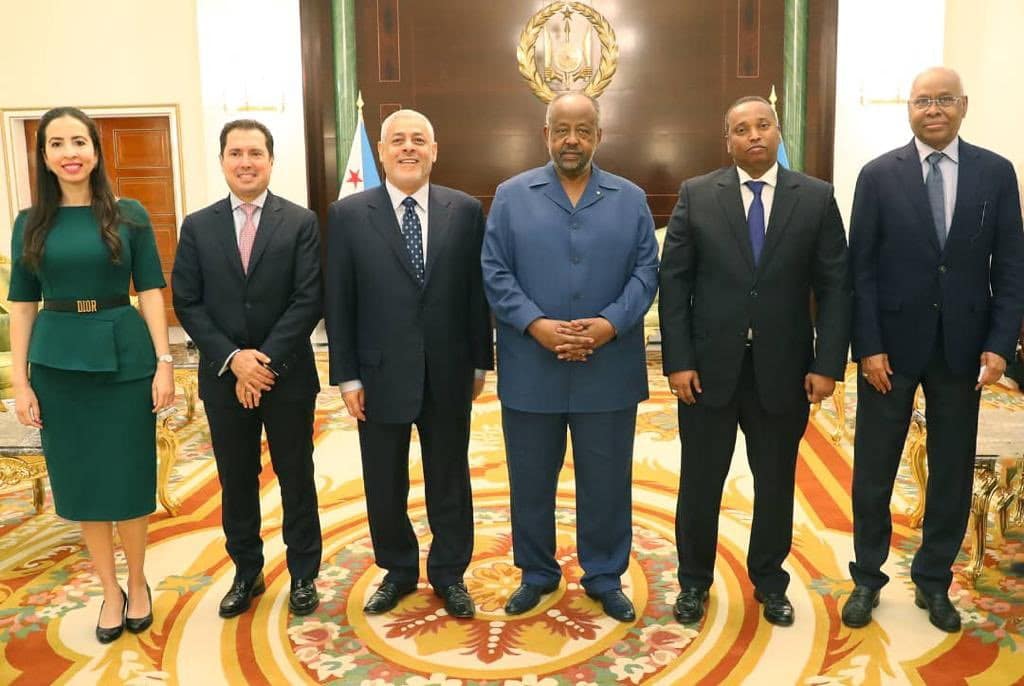Amea Power continues its expansion in Africa. This time, the independent power producer (IPP) based in Dubai in the United Arab Emirates is setting up shop in Djibouti and has won the construction of a 30 MWp solar photovoltaic plant. The agreement for the implementation and joint development of the project was signed on Monday, July 18, 2022, between the managers of Amea Power and Yonis Ali Guedi, the Djiboutian Minister of Energy and Natural Resources.
Le Chef de l’Etat, Son Excellence Monsieur Ismail Omar Guelleh, a présidé hier lundi, en fin de matinée, au Palais de la République, une cérémonie de signature de deux accords dédiés au renforcement du dispositif énergétique national. pic.twitter.com/uvmOxwyjRl
— Ministère de l'Energie chargé des RN (@djib_mern) July 18, 2022
This was in the presence of the Djiboutian Head of State Ismaïl Omar Guelleh. Amea Power will develop its project in partnership with the Sovereign Wealth Fund of Djibouti (SDF). The electricity produced will be sold to the state-owned company Électricité de Djibouti (EDD) under a power purchase agreement (PPA).
Increasing electricity production
Djibouti’ has set an ambitious target for renewable energy and Amea Power is pleased to help the nation increase the share of renewable energy in its electricity mix. East Africa is an important market for Amea Power, as it is a region with great potential for the development of clean, reliable and affordable energy,” says Hussain Al Nowais, president of Amea Power.
Read also- DJIBOUTI: Verkís to diversify the use of geothermal steam at Lake Assal
Currently, Djibouti has an installed capacity of 126 MW according to Power Africa. But only 57 MW are reliably available to serve a population estimated by the World Bank at 988,000 and its main industries. Recently, however, the government has decided to exploit Djibouti’s renewable energy potential, relying on IPPs.
Developing renewable energy
This is the case of the French company Engie, which is building the 30 MWp Grand Bara solar park in a desert area south of Djibouti. At the same time, the country’s first wind farm is being built by Siemens Gamesa, a subsidiary of the German giant Siemens, on behalf of Djibouti Wind Company, a special purpose vehicle owned by Africa Finance Corporation (AFC), a pan-African fund dedicated to infrastructure development, Climate Fund Managers (CFM), a climate investment fund manager, Great Horn Investment Holding (GHIH), an investment fund set up for the development of Djibouti, and the Netherlands Development Finance Company (FMO).
Djibouti is also banking on its geothermal potential with the start of drilling in the Lake Assal area. In addition to electricity production, this East African country wants to exploit the natural heat of its subsoil for various uses, particularly in the industrial and agricultural sectors.
Jean Marie Takouleu
